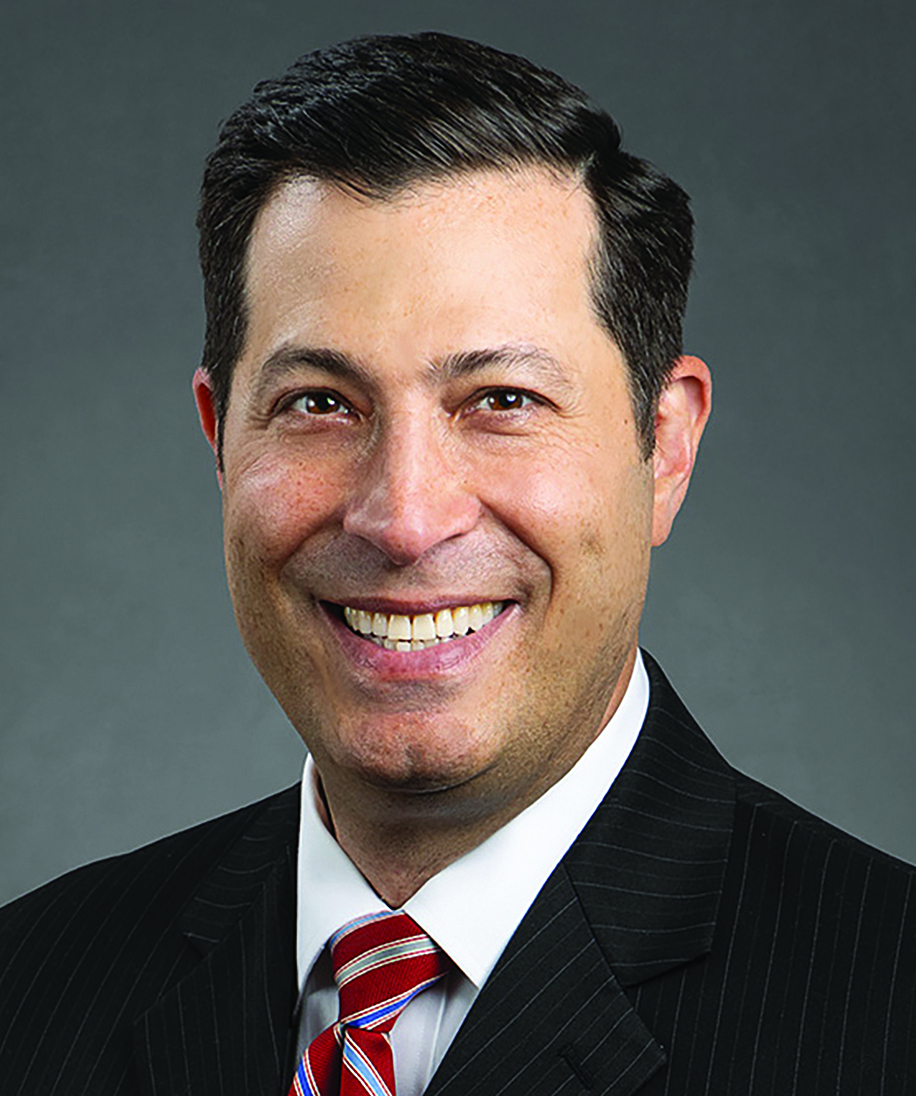Client Alert
Paid Prenatal Personal Leave Goes Into Effect for Pregnant New Yorkers in 2025
December 06, 2024
By Sara B. Tomezsko,Marc E. Bernstein,Kaveh Dabashiand Chelsea Desruisseaux
Originally posted November 7, 2024
In April 2024, the New York State Legislature passed Governor Hochul’s 2025 Executive Budget that expands the statewide Sick Leave Law to provide 20 hours of paid prenatal personal leave per 52-week period for pregnant employees.
The first-of-its-kind law goes into effect January 1, 2025. As part of Governor Hochul’s initiative to improve maternal health, this new benefit provides paid personal time off for pregnant employees to receive health care services, including physical examinations, medical procedures, monitoring and testing and discussions with a health care provider related to the pregnancy. Covered appointments also include fertility treatment (including in vitro fertilization) and end-of-pregnancy care.
Notably, paid prenatal personal leave is in addition to paid sick and safe leave provided under the state’s sick leave law, and paid family leave under the state’s paid family leave law. The law requires employers to provide paid prenatal personal leave to their employees each year in the same manner as paid sick and safe leave. Employees may take this leave in hourly increments, and employers must pay employees in hourly installments at the employee’s regular rate of pay or the applicable minimum wage, whichever is greater. Paid prenatal personal leave is job-protected, meaning employers generally must restore employees to the same position, with the same pay and other terms of employment, upon return from leave.
The New York State Department of Labor is authorized to adopt implementing regulations. As of the date of this alert, the agency has published Frequently Asked Questions (FAQs) that provide additional clarification. For example:
- Prenatal leave may only be used by the employee directly receiving prenatal health care services. Spouses, partners, or other support persons may not use this leave to attend prenatal appointments.
- New employees do not have to accrue prenatal leave; all 20 hours are automatically front-loaded at the time of hire.
- The 52-week period in which the employee may take up to 20 hours of paid leave begins the first time the employee uses this leave.
- Employers have no obligation to pay out the balance of any unused leave if the employee leaves the company.
- Employers may not require employees to exhaust other forms of leave prior to taking paid prenatal leave.
The law strictly prohibits employers from inquiring about confidential health information or using the disclosure of such information as a condition for providing paid prenatal personal leave. Specifically, employers may not require employees to submit medical records or documents to support a leave request, according to the FAQs. The law also prohibits employers from discriminating or retaliating against employees who utilize this benefit. The FAQs identify examples of potential retaliation, which include reducing other leave options when an employee takes paid prenatal leave and changing an employee’s work location or hours after receiving a leave request.
Employers should ensure that their current leave policies and employee handbooks are updated to reflect the new law. Employers may also use the opportunity to review policies in light of other recently adopted protections for pregnant or post-partum employees, including New York State’s Lactation Break Law and the federal Pregnant Workers Fairness Act.
Contributors










